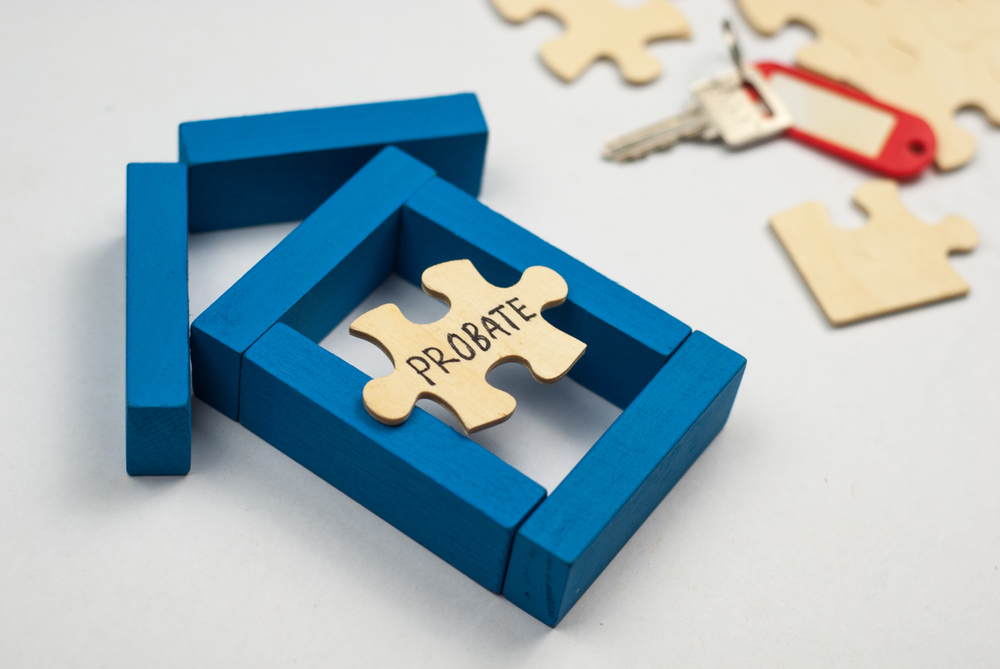How To Sell a House in New York in the Winter
The winter in New York might be a difficult time to sell a house. Prospecting for possible home buyers isn’t typically considered the finest time of year during the colder months. A well-presented home may not be able to entice purchasers in the cold and dreary weather, no matter how appealing it appears. If you ask most realtors, they’ll tell you you should list your home in the spring. The question that arises is How To Sell a House in New York in the Winter? Things, however, are very different now than they used to be. Whether there is snow on the ground or the sun is high in the sky, you can reach and attract potential buyers by listing and marketing your home online. Open homes, on the other hand, are significantly more convenient throughout the summer. There may still be a lack of interest from potential buyers in the winter, despite the fact that there is less competition in the housing market. Cash buyers can be found in this situation. Is It A Good Idea To Put Your House On The Market In The Winter? In New York City, you can sell a home even in the winter months. Online listings and marketing are powerful tools available to sellers in today’s housing market. As New York is located in the northern part of the state, you will have to contend with the cold winter months. It will be difficult to get people to open houses if you decide to host them. In New York City, winter is a good time to sell your home if you’re ready to forgo open house events. No marketing or employing a realtor will be required if you sell to a cash buyer. In The Winter, When Is The Best Time To Sell A House? Is it better to sell your home now or later? The best month for selling a house in the United States was recently revealed to be March. The month of October is traditionally the worst for selling a home. When it comes to New York, you’ll be shocked to learn that the greatest week to sell your property is December 23 to 29. That week is also ideal for selling your home for more than the asking price. Even something as mundane as taxes plays a role in why you might just find the perfect buyer during the holidays. It’s important to remember that buying a house comes with tax advantages. If a potential home buyer hasn’t found the perfect house by that time, they may be tempted to race to the finish line. Should You Sell Your NY House in the Winter? Many real estate brokers advise against trying to sell your home in the winter in New York or anywhere else. If you have to place your house on the market even though it’s cold and snowy outside, what do you do? Your competition will be lower if you decide to sell your home in the winter. Your advantage comes from other homeowners’ reluctance to put their properties on the market during the colder months. Take advantage of this little-known perk by breaking away from the herd. If you don’t get any takers, don’t stress about it! No matter what the weather is like outside, folks may still find your house online. The traditional adage that a house would sell faster if the weather is pleasant is no longer true. How To Sell a House in New York in the Winter? Since December is the best month to sell real estate in New York, you’ll have an advantage over sellers in other parts of the country. This is especially true if you’re trying to sell your home in the dead of winter. Do not go overboard with the Christmas decorations if you plan to sell your home during this time of year! Remember that your potential homebuyers may have a different taste in that location than you do, even if you’re familiar with it. You need to make your home as inviting as possible to everyone who visits there. In the winter, you want to create a pleasant atmosphere for potential buyers to visit your property. Photos you take for your listing might evoke a sense of homeliness. Don’t forget about the exterior of your home. Even though it’s cold outside, if your house doesn’t look well-kept, you won’t entice potential buyers. Make sure your gutters are free of debris. Repairs should be made before you put your house on the market. Wash the siding and exterior paint with warm, soapy water. Make sure you don’t overlook the windows in your home. This will be more apparent in the winter if they are unclean. Take steps to keep your flooring clean if you’re having prospective buyers come into your property. Put some rubber mats at your entrances to keep your floors safe. Is there a fireplace in your home? During the winter, this is a lovely addition to the landscape. When people arrive to look at your house, be sure to turn it on. If you want to make your house feel more like a home, you could try baking cookies. Your home will always feel more welcoming thanks to the scent. Want to sell your house in the dead of winter? There’s nothing to it. In order to get the price you deserve, all you have to do is say, “Buy my house in New York.”
How To Sell a House in New York in the Winter Read More »




